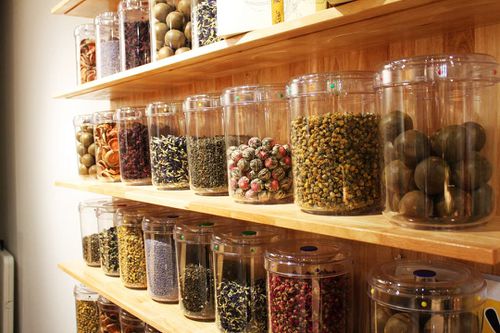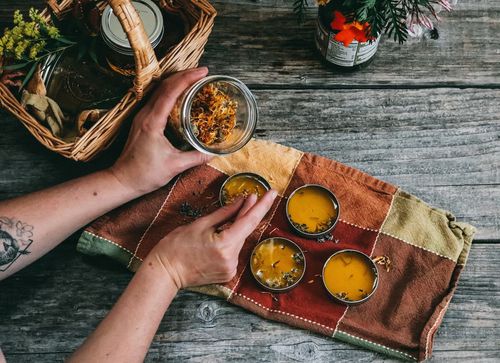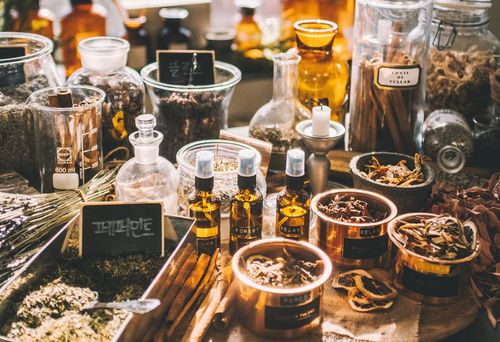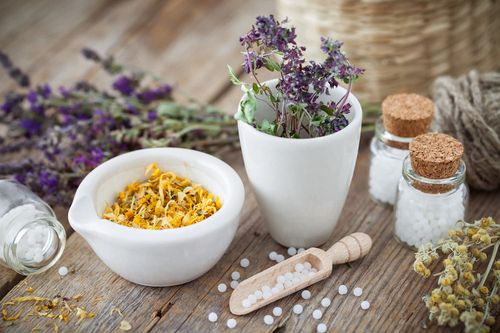What is Herbal Medicine?
Herbal medicine is the use of naturally occurring, plant-derived substances for the treatment of illnesses. These products are mixtures of organic chemicals that come from any raw or processed part of a plant.
Herbal medicine has its roots in many cultures around the world and has been successfully used for more than a thousand years. Each culture has its own style of herbal remedies, like Traditional Chinese Medicine (TCM) and Indian Ayurvedic Medicine. The natural remedies used by herbalists will depend on the patient's lifestyle, medical history and nutrition.
Herbal medications contain naturally occurring substances with biological activity and compounds from plants. These chemicals are used to produce prescription drugs, which are synthesised chemically to combine the active ingredient of medicinal plants with artificial ingredients like flavouring agents, food colouring and preservatives.
Herbal products support holistic treatment, which is grounded in the concept that preventing illness is just as important as treating it when it occurs. That said, it is administered in its pure, unadulterated form.
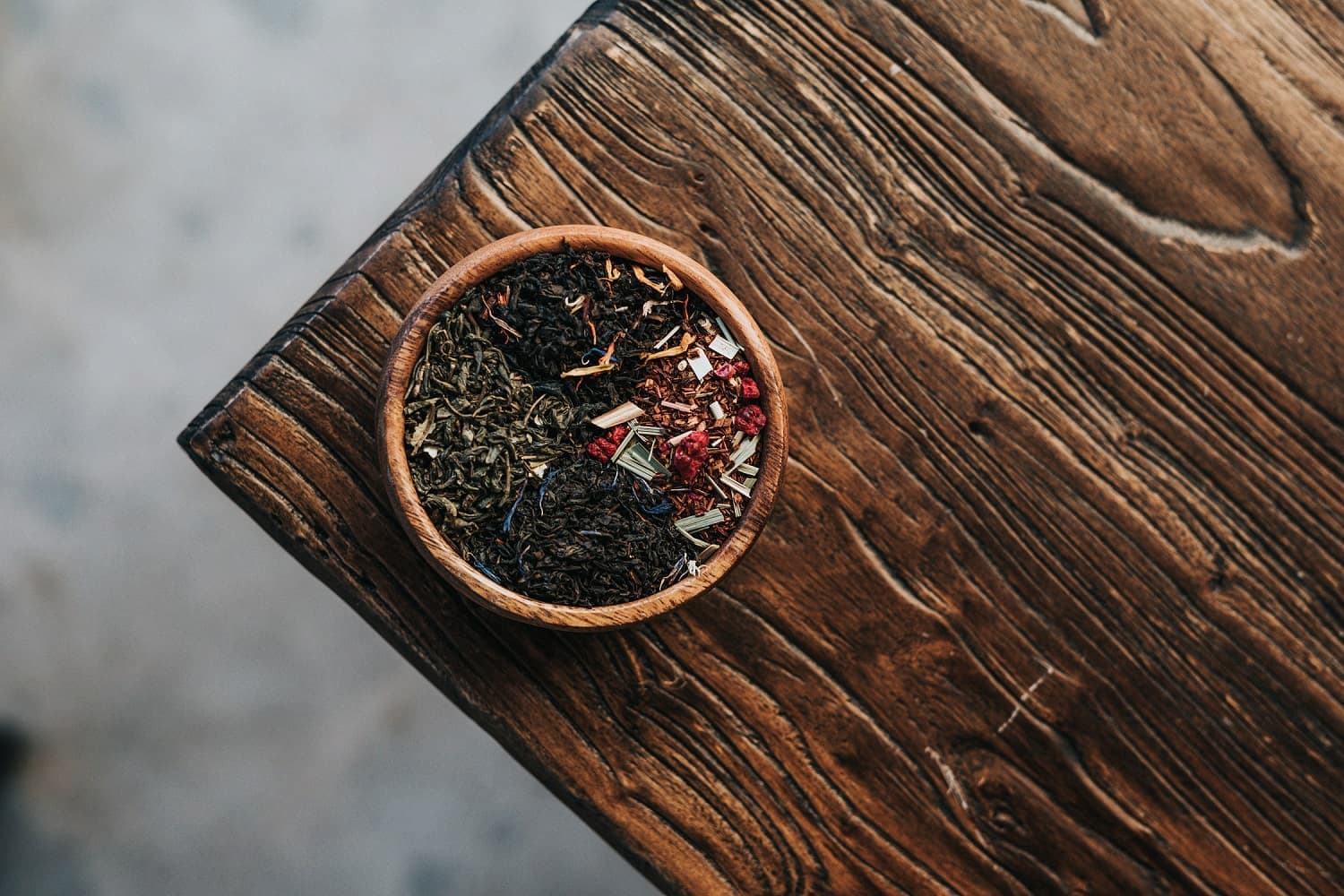
How Does Herbal Medicine Work?
Herbal medicine restores the body to its natural state of balance and supports its natural ability to self-heal. Herbalists are knowledgeable about a wide range of herbal remedies and how these work on the body's different organ systems. Garlic, for instance, is a common herb used not only to flavour dishes but to combat heart disease and high cholesterol. Ginseng is another powerful herb that treats fatigue and increases energy levels.
Herbal medicine comes in several forms and is used either orally or topically. For oral administration, the herbs are dispensed in the following forms:
- Liquid herb extracts
- Teas
- Powdered
- Capsules and tablets
Herbal products that are applied externally can be used for the following:
- Baths
- Compresses
- Douches
- Poultices and plasters
- Oils
- Ointments
- Salves
- Wraps
What Are the Benefits of Herbal Medicine?
Herbal medicine is a potent form of complementary medicine as it uses the medicinal properties of plants in their raw form. Medicinal plants pose fewer side effects, plus it's cheaper than conventional drugs. And because it hasn't undergone any chemical synthesis, plants used in herbal therapy contain a high concentration of active ingredients, making them an effective treatment for mild health conditions and chronic diseases, including:
- Eczema and other skin problems
- Digestive issues
- Cardiovascular diseases
- Gynaecological disorders
- Arthritis
- Insomnia
- Stress
- Headaches and migraines
- Respiratory tract infections
- Colds and flu
- Sore throat
- Allergies
- Hay fever and asthma
- Chronic fatigue
- Cancer
- Insomnia and other sleep problems
- Mood disorders
- Menopausal symptoms
What Can You Expect From a Herbal Therapy?
It's important to remember that herbal medicine does not work overnight. Give it time, as it needs to get to the root of the problem to restore the body's innate ability to heal itself. The length of time it takes the body to heal would depend on the problem that you are working on. Some health issues can be resolved in a matter of two weeks, while others may take six months to a year. What you can count on is the fact that working with the body's natural healing mechanism ensures profound and lasting improvements to health.
Herbal medicine is applied in different ways, depending on the modality it's used for. In Ayurveda, for example, a herbal concoction is prescribed based on the client's dosha type. In Traditional Chinese Medicine (TCM), herbal medicine is used to balance the flow of qi, or life force energy, within the body to treat or prevent disease.
Even though it's safe, herbal medicine shouldn't be taken without the supervision of a qualified herbalist who is trained in tailoring herbal treatments to the specific needs of an individual. A consultation with a practitioner of herbal medicine can take 45 minutes to an hour. Your health history, lifestyle habits and diet will be recorded and used to determine which herbs should be included in your treatment plan.
You have to use the herbs as per instructions given by the herbalist as this is critical to your healing. Note that the efficacy of your treatment plan will depend on your level of self-care and obedience. If you skip a dose or do not take it as prescribed, your efforts will turn futile.
A consultation with a herbalist can be done in person or online. In TCM, the practitioner uses tongue analysis to see what's wrong with the patient and be able to recommend the appropriate herbal treatment.
Is Herbal Medicine Safe?
Herbal medicine is one of the most safest and effective ways of treating the mind and body that cause few or no adverse events. Just see to it that you work with a health professional whose qualifications are recognised by Australia's peak bodies that oversee the practice of herbal medicine.
